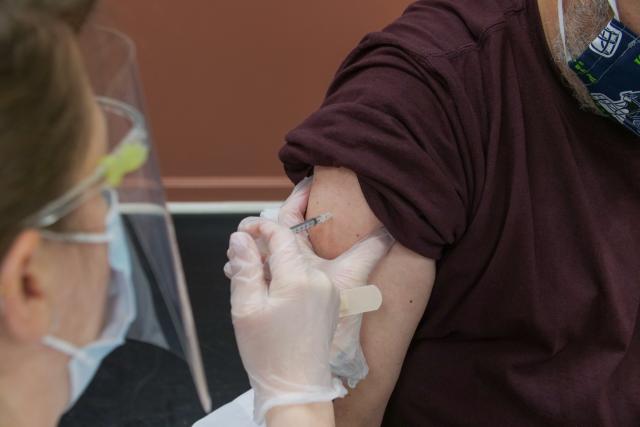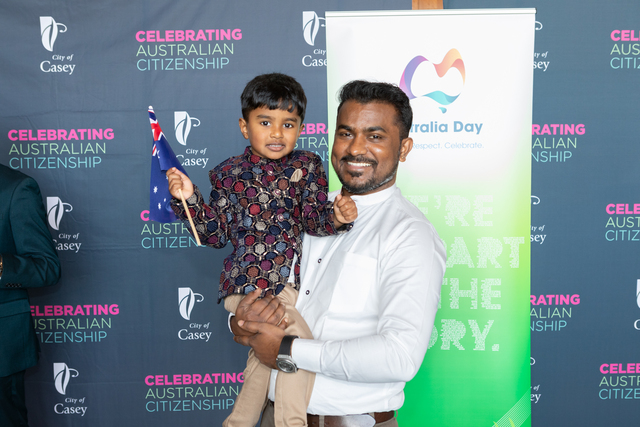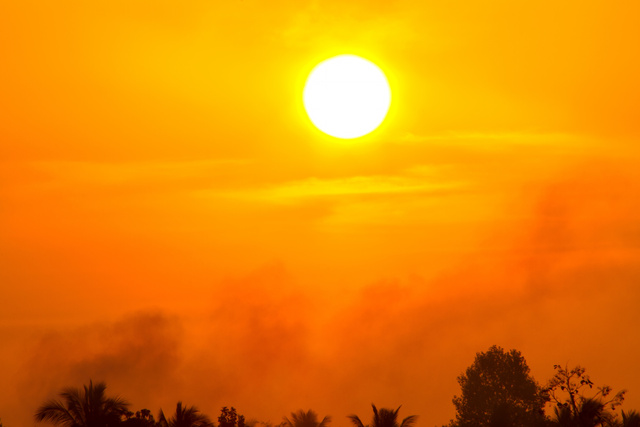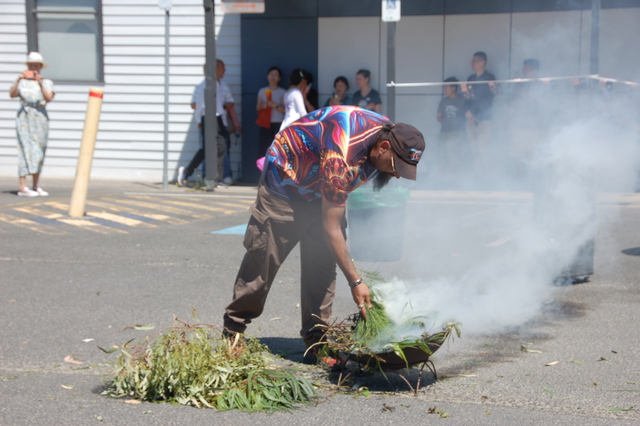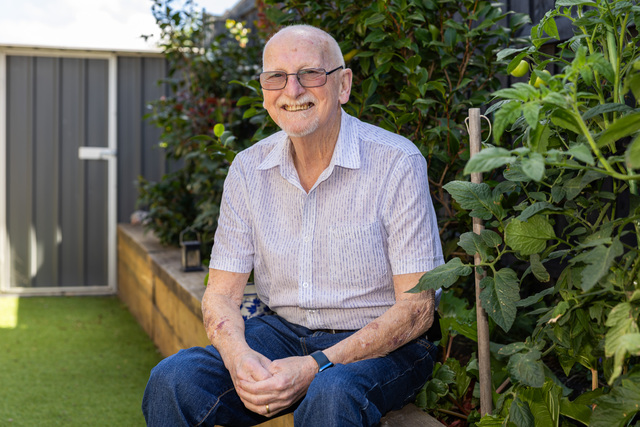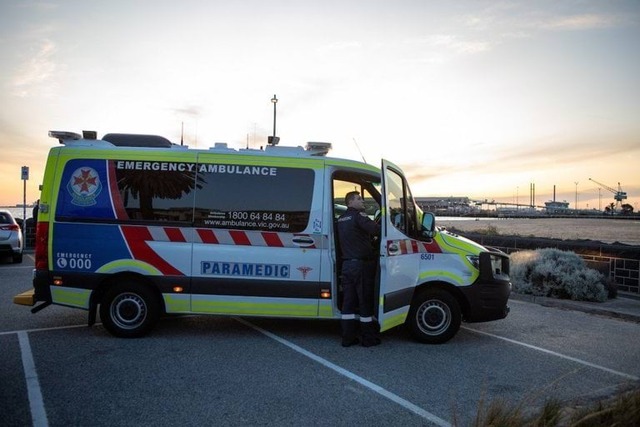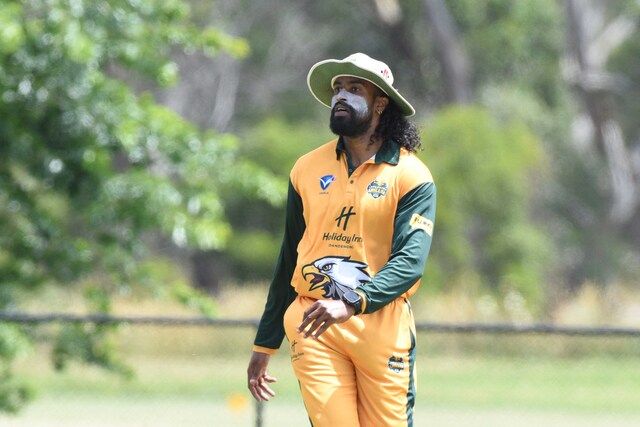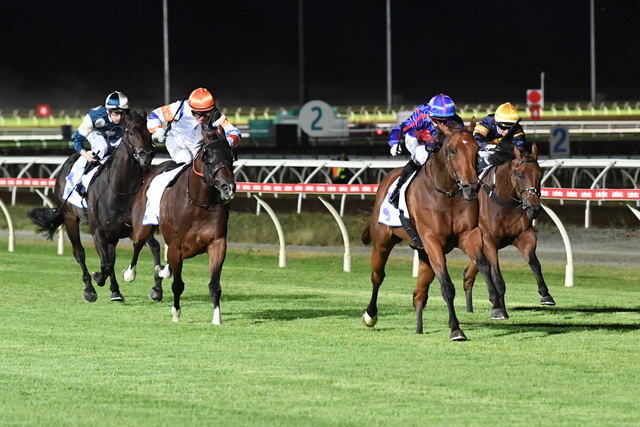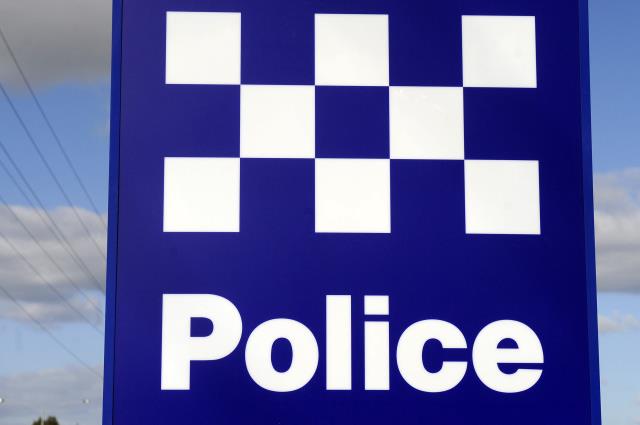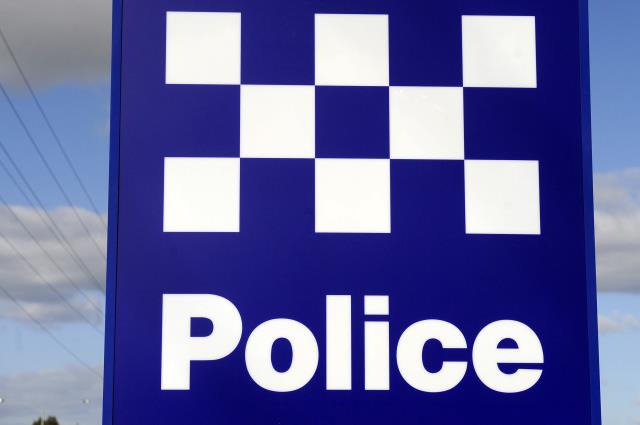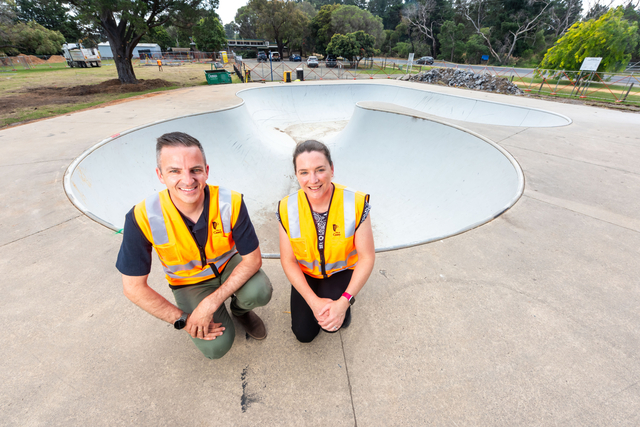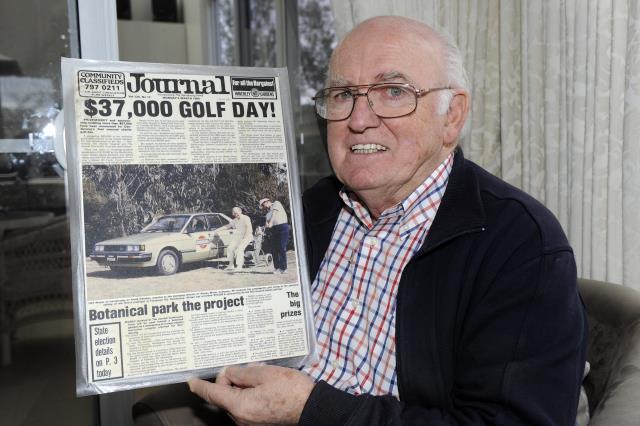A “crucial” award-winning immunisation program for refugees and migrants is set to end due to a cessation of State Government funding.
The Program for Refugees Immunisation and Education (PRIME) is a Government-funded initiative to support catch-up immunisations in the refugee and asylum seeker communities.
The decision to cease funding on what’s seen as a crucial program with significant health benefits has resulted in advocacy to try and put it back on the table.
Chief executive of Southern Migrant Refugee Centre (SMRC) Rakesh Sharma has sent a number of emails in support of PRIME.
“This was a great program that City of Greater Dandenong was running, basically for health and wellbeing of the wider community and not just the refugees.”
Mr Sharma says the availability of bilingual nurses with connection to the grassroots has been a major help in communicating the information on vaccinations to the diverse communities. And that the Covid-19 phase was proof.
“We suspect that there will be refugees deprived of this vaccination.
“Children returning to the school and the diseases spreading is a major risk and concern.”
He has written to the Minister of Health Mark Butler and Victorian Department of Health deputy secretary of public health Prof Zoe Wainer in a bid to have the decision reversed.
“We are disappointed it is coming to an end.
“It’s a very important program, for the community so I hope the consideration is given.”
The Greater Dandenong Council have also begun their advocacy works.
At a council meeting on Monday 25 September, a report filed highlighted the “serious public health risks associated” with the decision and its effects on the community with large population of refugees.
Councillor Tim Dark called against the “gutless move” saying “they’re cutting back the wrong service.”
“Out of all my time in the council I understand the pressures that government authorities do have with budgetary implications.
“To cut such a vital program for our residents and community is absolutely disgusting,” he said.
“The first thing that happens is we face the significant risk of an outbreak.
“If we have an outbreak, do we have a system in place to protect ourselves?”
Council’s strategic executive leader, Peta Gillies said the council was aware of the challenges and has not received any answers to their questions.
“We haven’t had any response to our questions asked, other than it’s a federal issue (or) it’s state issues so we’re navigating both of those discussion lines.
“We have our next round of communications to the Minister’s office from today.”
Cr Dark says the protections sought with the jab can have “devastating health impacts.”
“To have no response from the government even though we’re crying out and saying it’s only $600,000 out of a multi, multi-billion state budget puts at risk the lives of our community.”
The impact of this decision will be felt predominantly by a higher proportion of Afghans. An additional 15,000 Afghans will be allocated places under Australia’s humanitarian and migration programs until 2025.
Councillor Rhonda Garad labels it discrimination against groups who come from countries with no immunisation programs in place.
“This is an award-winning program and it’s extremely disturbing that this funding has been removed with very little consultation.
“Their understanding and need of the program is an extreme need.”
In light of the significant health issues raised, Victoria has recently recorded a new case of measles by an overseas traveller.
The Department of Health said on Tuesday 26 September that the infectious viral illness “spread easily amongst those who’re not fully vaccinated.”
The single exposure site was on 20 September in Woolworths Melbourne Square in Southbank between 5pm to 7pm.
Victoria’s Chief Health Officer Dr Clare Looker said, “Recent Victorian cases of measles have been identified in people who are not fully immunised against measles and who have travelled overseas or been in contact with returned overseas travellers.
“Measles is rare in Australia, thanks to widespread vaccination rates.”
Mr Sharma says this goes to show that immunisation sis not merely for refugees but vital for the general public.
State MP for Dandenong, Gabrielle Williams says PRIME began in 2016 to meet the needs of 4,000 Syrian and Iraqi refugees
The Program for Refugee Immunisation, Monitoring and Education (PRIME) was started in 2016 to fill in the gaps left by the previous Federal Government.
“These refugees were part of a special intake of people fleeing the brutal persecution of IS also known as the Islamic State.”
“The program will transition to a primary care-led model which is consistent with Commonwealth Government’s Australian Immunisation Handbook on catch-up vaccination services for refugees.
“Primary care already provides most people with catch-up immunisation services and vaccines for refugee and asylum seeker communities remain free under the Commonwealth’s National Immunisation Program,” she said.
“The Victorian Government will work closely with the Commonwealth during this transition to ensure individuals continue to get the care and treatment they need.”

